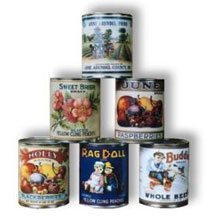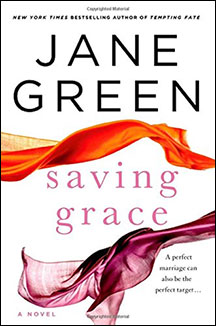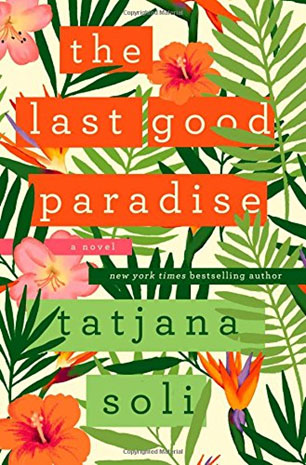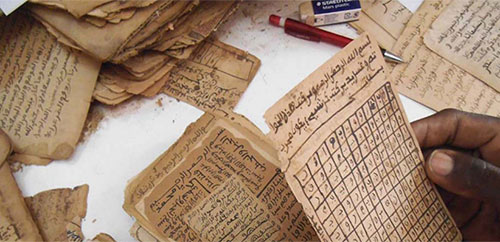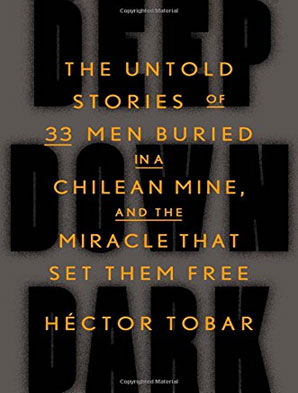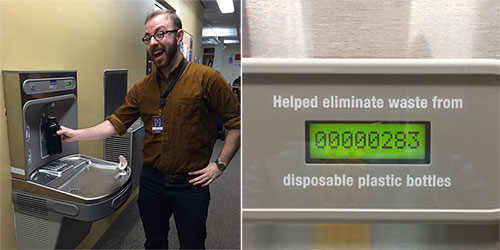Collins Library and the Puget Sound Book Artists are pleased to announce a presentation by Kate Kern on, Wednesday, April 15, 2015, Collins Library, Room 020, 7-8 p.m.

Artist Book: Her Time by Kate Kern.
Kate Kern is a visual artist who makes drawings, artists’ books, and installations. Born in Milwaukee, Wisconsin, she received a BFA from the University of Dayton, Dayton, Ohio and an MFA in drawing from the University of Cincinnati, Cincinnati, Ohio. Kern has been the recipient of numerous grants and awards. Her work can be found in collections including: The Akron Art Museum, The Cincinnati Art Museum, The Getty Research Institute, Joan Flasch Artists’ Book Collection, School of the Art Institute of Chicago; Franklin Furnace/MOMA Artist Book Collection, MOMA library, and the Artists’ Book Collections of Carnegie Mellon University, University of Cincinnati, Brown University and others.
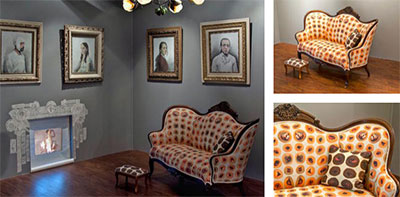
Wounded Home, Installation by Kate Kern. Lloyd Library and Museum, Cincinnati, Ohio.
“When I was growing up, I was a kid who drew. Drawing has always been a way to interact with what I see and feel –that could be the material world or the world of dreams and memory or some combination of all of these. I often draw on (in all senses) other representations of the world, whether that be 19th century medical texts, old high school year books, or library card catalogs. I invite others into my drawn world that is at once cheerful and creepy in hopes that they too experience its contradictory emotions: tenderness and anxiety, sorrow and humor.” -Kate Kern

